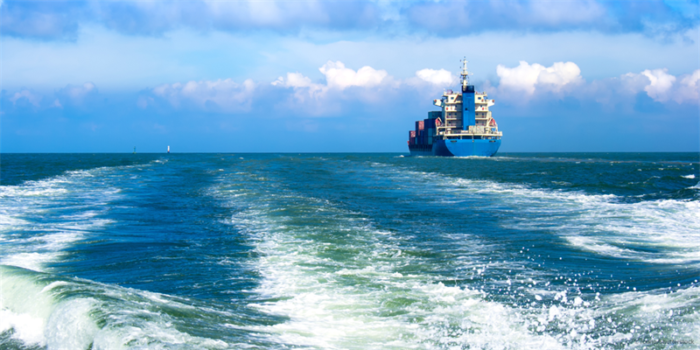While a carbon levy should apply globally for shipping decarbonization, there are also opportunities on national and regional schemes, senior maritime stakeholders said during a high-level meeting last week.
The Global Maritime Forum’s weeklong Virtual-High Level Meeting gathered around 240 global leaders from across the entire maritime spectrum to learn from the realities exposed by the COVID-19 pandemic, and to identify the windows of opportunity to build back better.
Among others, the leaders discussed shipping’s decarbonization with a shared sense of urgency and willingness to collaborate across the value chain.
They were encouraged to heighten their ambitions in the fight against the climate crisis by the UN Deputy Secretary-General, Amina Mohammed, who stressed the importance of their voice in urging governments for accelerated climate action.
A carbon levy was widely discussed as a way of enabling shipping’s green transition. Shipping executives would prefer a carbon levy to apply globally, but also see opportunities to help design national and regional schemes in a way that encourages a global approach and raises funds to be used in accelerating shipping’s decarbonization.
As a parallel to pushing for a global levy through the IMO, we should lean in by showing active support and push for national and regional regulations,
…said Chistian Ingerslev, Chief Executive Officer, Maersk Tankers.
It’s not a question of whether the EU is making the ETS for shipping, it’s a question of how. We need to embrace that, engage in it, and maybe we could structure that mechanism so that it becomes a global one,
…added Lasse Kristoffersen, President and Chief Executive Officer, Torvald Klaveness.
The meeting also saw the launch of the Sea Cargo Charter, a new framework for aligning chartering activities with responsible environmental behavior. The Sea Cargo Charter, which establishes standards for assessing and disclosing the climate alignment of chartering activities around the globe, was developed by leading bulk charterers with the support of the Global Maritime Forum.
Discussions also touched upon the current humanitarian crisis with thousands of seafarers being stranded on board vessels. High-level maritime leaders will establish a task force to address the crew change crisis and work together with governments and other key stakeholders to agree on ways to resolve the untenable situation.
We need a common set of universal crew change standards which we can all put our name to as being best practice, and develop into a charter that we can all sign off to and hold up as the gold standard in the way to handle crew changes going forward,
…said Jeremy Nixon, Chief Executive Officer, Ocean Network Express.




























































